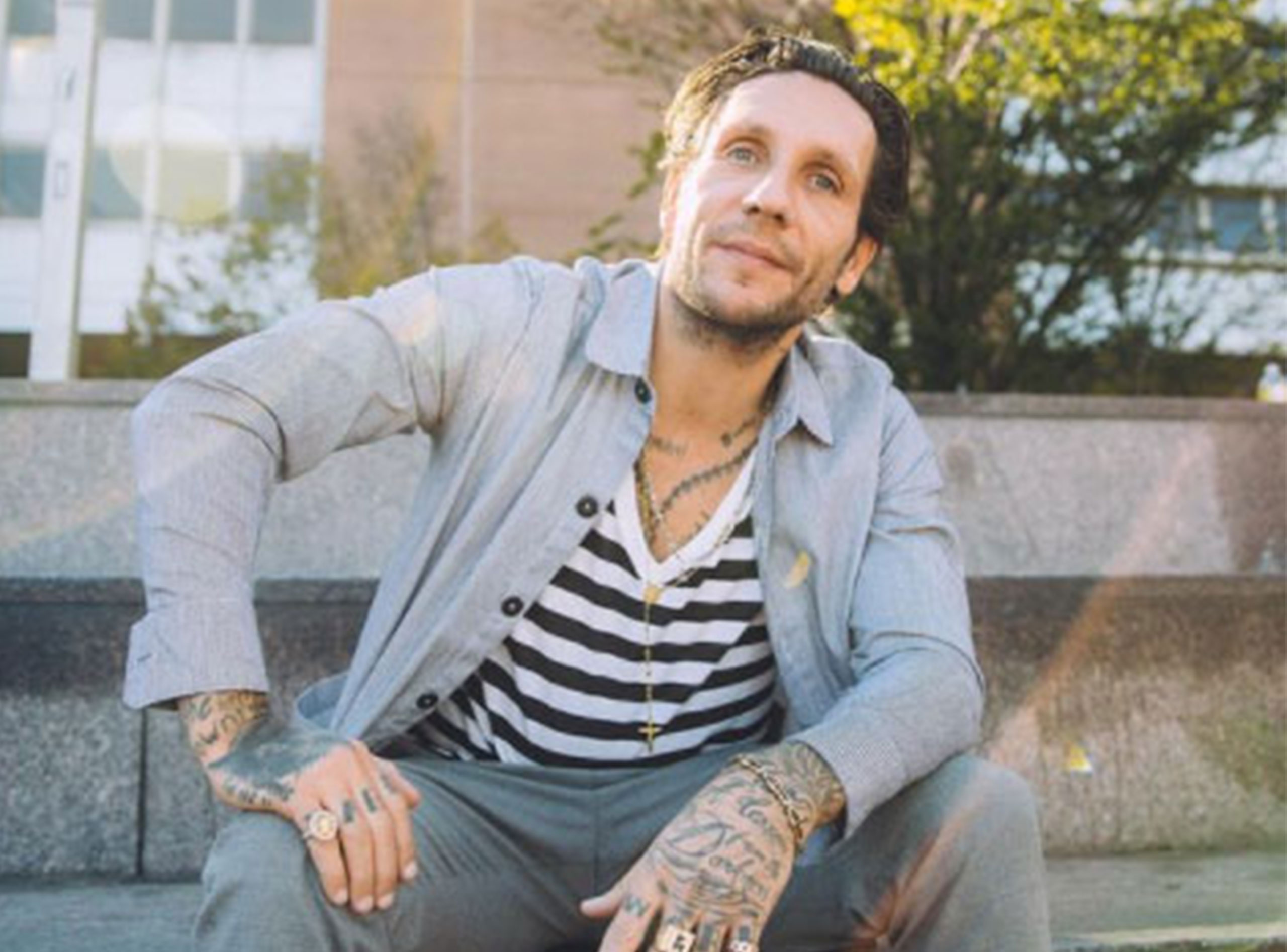
There’s a strong connection between celebrities and drug addiction, and one contributing factor is social media.
The abuse or misuse of alcohol and drugs in social media is often portrayed as fun. Thousands of TV shows, movies, and influencers on social media try to paint substance abuse in a positive light, making it seem as if it’s necessary to use these substances to be successful or cool. Many young and older adults alike have fallen into the hole of addiction and are struggling to get out. But if everyone knows how dangerous this can be, how does social media glamorize drugs and alcohol?
Connection Between Social Media and Drug Use
Social media is an online platform made up of different applications that allow communication between people all around the world. People can post everything about their lives in tweets, pictures, videos, and more. Teens make up a large portion of social media users. Recent surveys show that 90 percent of teens ages 13 to 17 years old have used social media and 75 percent reported that they have at least one active account.1 While the concept of social media helps promote quick and efficient communication, as with anything, there’s always a downside. Another study conducted by the National Center on Addiction and Substance Abuse found that teens who used social media apps regularly were 5 times more likely to buy cigarettes, 3 times more likely to drink, and 2 times more likely to use weed.2
The main connection between social media and drugs is influence. No matter what age we’re at, we’re highly influenced by our peers, often more than we realize. Social media is a hub where celebrities share their latest trends and ideas. They know they influence their followers, regardless of the latter’s age. Many celebrities post themselves partying, drinking and smoking. Their music and work often incorporate substance abuse to uphold a particular style. Teens and young adults on these platforms are absorbing all of these trends. They only see the glamor of drug use and binge drinking while the adverse effects of these substances are hidden.
Some common ways that social media influences drug use include:
- FOMO (Fear of Missing Out): Many people fear missing out on the fun when they don’t do what their friends do. This often causes a form of pressure that influences people to behave in a way they maybe wouldn’t otherwise.
- Peer pressure: Peer pressure is the pressure to conform to what others are doing. It can be “C’mon, it’s fun just try it” or “If you don’t do this you’re not cool”. This is a powerful tactic that many people don’t realize they’re falling into until it’s too late.
- Trends: Similar to FOMO and peer pressure, people often want to be caught up with the latest trends. This can apply to fashion, music, art, and more. However, certain trends may encourage drinking or using drugs. While some trends are more obviously linked to substance abuse, others, such as songs like “Can’t Feel My Face”, are less obvious.
How Social Media Glamorizes Drug And Alcohol Use
Social media apps like Twitter, Instagram, Facebook, and TikTok have become homes to some of the most impactful trends among teens and young adults. While some of these trends are funny and even bring communities together for a positive cause, others encourage risky behaviors like substance abuse. For example, there was a Benadryl challenge on TikTok where users were encouraged to purposely overdose on Benadryl to experience hallucinations, putting many teens at risk.
But how does social media glamorize drugs and alcohol? Don’t people know how dangerous they are? Sometimes they do, but we’ve all had moments where we abandon sound judgment to fit in. Social media glamorizes drug and alcohol use by hiding it behind posed and edited pictures and videos. Celebrities and influencers alike have found another platform on which they can make money and further build their careers. A post that may get the average person 20 likes on Instagram may win Kylie Jenner millions of likes. People follow these celebrities and influencers because they like their lifestyles. So whenever the celebrity posts anything, that thing becomes popular. And while this “power” can be used for good, it’s also caused major issues among younger generations.
As a pro skater, actor, and recovery advocate, Brandon Novak understands the influence of social media on drug use. He’s on various platforms and dedicates his efforts to helping families and friends get their loved ones help as a certified intervention specialist. Addiction is a disease that often results from a moment’s curiosity. If your loved one is struggling with a drug or alcohol problem and needs help, call Brandon now at 610-314-6747 to learn more about his drug and alcohol intervention services.





